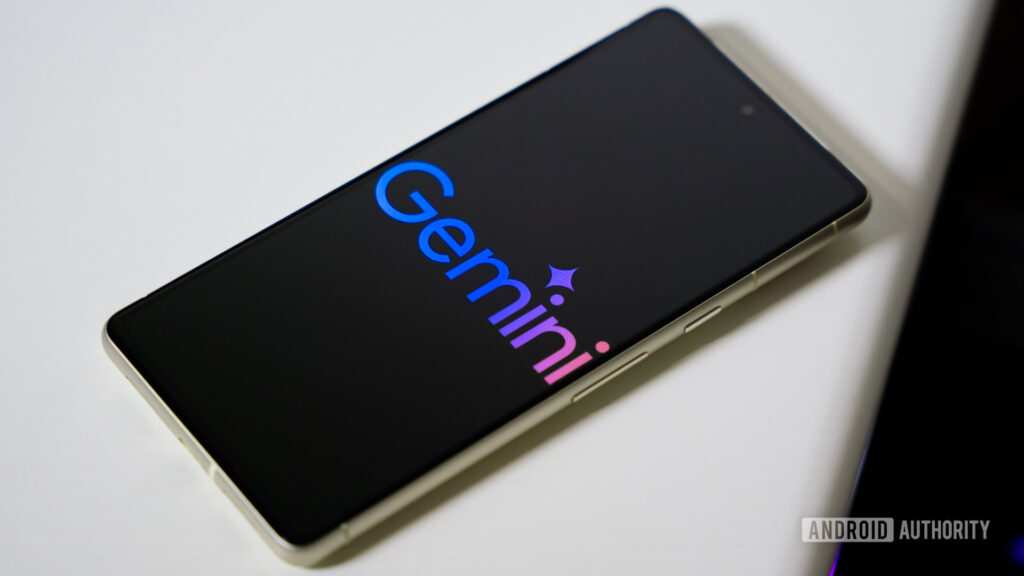Understanding Data Usage in AI Chatbots: Google Gemini and Beyond
Many people are discovering the convenience and capabilities of AI chatbots like Google’s Gemini, using them for work and personal tasks. However, a key aspect to understand is how these chatbots use the data from your conversations. This article will explain how Google handles Gemini data, how to manage your privacy settings, and discuss the broader implications for other AI chatbots.
Google Gemini and Data Usage
Google Gemini, like many other AI chatbots, uses your conversation data to improve its performance and accuracy. This means that your interactions with the chatbot are analyzed to help Google refine the AI model. While this contributes to a better user experience for everyone, the process raises legitimate concerns about user privacy.
It’s important to remember that this isn’t a completely automated process. Sometimes, Google employees review conversations to better understand how the chatbot is performing and identify areas for improvement. This review process might involve reading actual conversations. While Google assures users that this data is handled responsibly, the thought of human employees reading your personal chats can make many uncomfortable. This is especially true for conversations containing sensitive information like health details or personal finance discussions.
Even seemingly innocuous conversations may still raise privacy concerns for some users. The desire for privacy is a fundamental right, and the level of comfort with data sharing varies from person to person.
Managing Your Gemini Data: Opting Out of AI Training
Thankfully, Google provides users with the option to opt out of having their Gemini conversations used for AI training. This allows you to maintain more control over your data and ensure your privacy. The process is fairly straightforward, but differs slightly depending on whether you’re using the Android app or the web version.
Opting Out on Android:
- Open the Gemini app.
- Tap your profile image located in the top right corner.
- Select "Gemini App Activity."
- Tap the "Turn off" button.
- Choose one of two options:
- "Turn off": This stops Google from using future conversations for AI training. Past conversations will still be included in previous training data.
- "Turn off and delete activity": This stops future data usage and deletes your existing conversation history from Google’s training data. This is the more privacy-focused option.
Opting Out on the Web:
- Open the Gemini web interface.
- Select the "Activity" option from the left-hand menu.
- Click the "Turn off" button.
- Choose one of two options: (same as Android options above)
- "Turn off": Stops future data use.
- "Turn off and delete activity": Stops future data use and deletes your existing conversation history from Google’s training datasets.
Data Usage in Other Chatbots
It’s important to understand that the practice of using user data for AI training isn’t unique to Google Gemini. Many other popular AI chatbots, such as ChatGPT, also employ this practice for refining their models. This is a relatively common approach within the AI industry.
The methods for opting out vary across different chatbots. However, most chatbot providers now offer settings that enable users to control how their data is used. It’s wise to review the privacy settings of any AI chatbot you use to understand how your data is being handled and to opt out if you prefer to keep your conversations private. Taking the time to read their privacy policies is crucial. The process is usually similar to Gemini’s, generally involving navigating to the settings menu and locating the option to disable data contribution to AI model training.
Navigating the Privacy Landscape of AI Chatbots
The use of user data for AI model training highlights a broader discussion about the balance between AI development and user privacy. While this data is crucial for improving AI performance, it’s vital that users have transparency and control over how their data is handled. The ability to opt out of data collection for training, like the methods detailed above for Gemini and other chatbots, provides a degree of control. However, it’s important to remain vigilant and informed about the data practices of the AI tools we use. Reading privacy policies and seeking out information about data handling directly from the developers is a good practice to maintain control over your personal information. Remember that, even with opting out, some anonymized data might still be used for broader statistical analysis. The technological progress in this field requires careful consideration of the ethical implications inherent in data collection, use, and storage.
